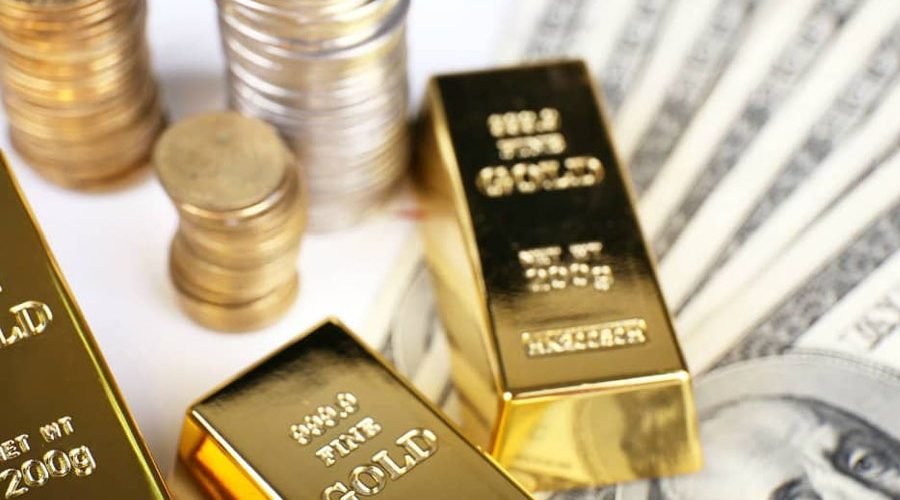Ancient civilisations have long valued old metals such as silver and gold as costly metals, and their standing is still intact today. It is a fact that having only some precious metals is enough to lessen a lot of volatility and risk.
Singapore is the world’s sixth largest finance center. Hence, it is hard for most investors to own profitable commodities in Singapore directly. You’ll need to manage logistics such as commodity storage and find a dealing trader. However, especially in Singapore, there are more accessible commodities such as gold. Thus, present-day expert investment professionals from IPM Group Singapore still have a unique place for valuables in their portfolios. Investment theory also suggests that precious gold and silver have a lower link with other asset classes, such as stocks and bonds.
New investors must know that investing directly in class metals is not covered under the Securities Investor Protection Corporation, as tangible precious commodities are not registered securities. If you start with costly assets such as gold and silver, continue reading to learn more about investing smartly.
Table of Contents
1. Don’t Fall for Pushy Sales Tactics
High demand for precious metals can often result in high-pressure sales tactics or fraud. Avoid being pressured by reputable investors as it can compel you to make a sudden investment decision. This pressure mainly results in wrong investing decisions, even without fraud. Don’t entertain any unsolicited phone calls. Persuasion techniques such as offering large profits (the “phantom wealth” tactic) or telling that there is a limited investment (playing “scarcity”) – are often used.
2. Always Be Wary of “Low-Risk” Investments
Don’t trust anyone who claims that physical commodities investments are safe or risk-free. There are many risks involved in investing in precious metals. These include price fluctuations, storage charges, and the possibility of using investor loans to finance bullion purchases, coins, or metal bars. Before you send any money, ask for a risk disclosure from the salesperson. Also, request the company’s name, address, and phone number. If the salesperson doesn’t answer, you can end the conversation and look for another seller.
3. Receive a Complete Accounting Review of All Fees
Singapore is an extensive trading and foreign exchange center. For a newbie, it can be a demanding task to make money from investing in precious physical metals in Singapore due to the costly account opening fees, storage fees, management fees, and loan interest commissions.
4. Consider the Background of the Salesperson
Although there is no central, regulatory-approved list for gold dealers, you can still find gold dealers that the Better Business Bureau accredits. The U.S. Mint has a vast database of coin sellers. The Background Affiliation Status Information Center of the National Futures Association (NFA) will let you know if a person or firm is registered and whether they have been subject to any disciplinary actions. A general Internet search is also suitable for verifying the background of investment professionals.
5. You Should Know the Risks of Leverage
Buyers may pay the cost of investing in precious gold and silver in cash, but you will have to pay the margin. This margined amount may reach up to 80 percent in some cases. Such a loan carries interest and can be subject to a margin call if investment value falls. You may require additional funds to stop your investment from being liquidated without your consent.
Conclusion
Valuable metals are an excellent way to diversify a portfolio. You must know your risk profile and goals before you buy costly metals. You can harness the volatility of precious metals to build wealth in the long run. With the aforementioned purchase tips, you’ll get a great investment option for the future.





